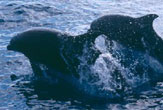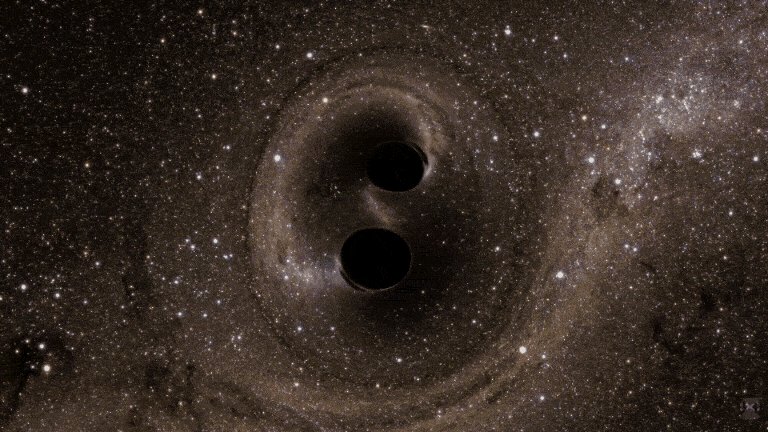Insomnia Mania: Newborn Mammals Don't Sleep for a Month

Get the world’s most fascinating discoveries delivered straight to your inbox.
You are now subscribed
Your newsletter sign-up was successful
Want to add more newsletters?

Delivered Daily
Daily Newsletter
Sign up for the latest discoveries, groundbreaking research and fascinating breakthroughs that impact you and the wider world direct to your inbox.

Once a week
Life's Little Mysteries
Feed your curiosity with an exclusive mystery every week, solved with science and delivered direct to your inbox before it's seen anywhere else.

Once a week
How It Works
Sign up to our free science & technology newsletter for your weekly fix of fascinating articles, quick quizzes, amazing images, and more

Delivered daily
Space.com Newsletter
Breaking space news, the latest updates on rocket launches, skywatching events and more!

Once a month
Watch This Space
Sign up to our monthly entertainment newsletter to keep up with all our coverage of the latest sci-fi and space movies, tv shows, games and books.

Once a week
Night Sky This Week
Discover this week's must-see night sky events, moon phases, and stunning astrophotos. Sign up for our skywatching newsletter and explore the universe with us!
Join the club
Get full access to premium articles, exclusive features and a growing list of member rewards.
Insomnia takes on a whole new meaning with the discovery that newborn dolphins and killer whales can forego sleep for their entire first month.
Hard to believe? Just ask their mothers.
The research finds both species of mammals can stay active 24/7 for weeks after birth. Mom gets minimal z's, too, as you might imagine.
Both mother and calf gradually get more shut-eye in subsequent months, researchers report in the June 30 issue of the journal Nature.
Don't try this at home
Such sleep deprivation would kill a rat or a fly, previous studies have found. Indeed, all other mammals whose sleep behavior has been studied snooze more at birth than in adulthood.
Humans doze a third of their lives away and can barely endure even with one night of bad sleep, suffering more auto accidents and less sex, among other downsides. The world record-holder for sleeplessness, Randy Gardner, stayed awake for 11 days straight in 1964. He hallucinated after four days, but held a coherent press conference at the end of the ordeal.
Get the world’s most fascinating discoveries delivered straight to your inbox.
Scientists don't really know why getting 40 winks is so important for the average human. The answer likely involves the brain's need to recharge, as anyone who has pulled an all-nighter can attest after trying to concentrate the next day. Studies have shown that memory is consolidated and solidified during sleep.
Like cetaceans, human babies rob parents of sleep, of course. A comprehensive study in Australia concluded that the typical baby causes between 400 and 750 hours of lost sleep for Mom and Dad in the first year.
You snooze, you lose
For dolphins and killer whales, evolution apparently has determined that sleep must take a back seat to survival.
"Somehow these seafaring mammals have found a way to cope with sleep deprivation, facilitating rather than hindering a crucial phase of development for their offspring," said UCLA researcher Jerome Siegel.
There are advantages to being sleepless in the sea. Young cetaceans can better escape predators if alert, and their body temperatures stay higher as they wait for insulating blubber to accumulate. The lack of sleep also encourages rapid brain growth, the scientists say.
"Their bodies have found a way to cope, offering evidence that sleep isn't necessary for development and raising the question of whether humans and other mammals have untapped physiological potential for coping without sleep," Siegel said.
The study involved two adult female killer whales and their calves at Shamu Stadium at SeaWorld San Diego and four dolphins and their calves at a marine mammal center in Russia.
Related Stories
Robert is an independent health and science journalist and writer based in Phoenix, Arizona. He is a former editor-in-chief of Live Science with over 20 years of experience as a reporter and editor. He has worked on websites such as Space.com and Tom's Guide, and is a contributor on Medium, covering how we age and how to optimize the mind and body through time. He has a journalism degree from Humboldt State University in California.
 Live Science Plus
Live Science Plus











